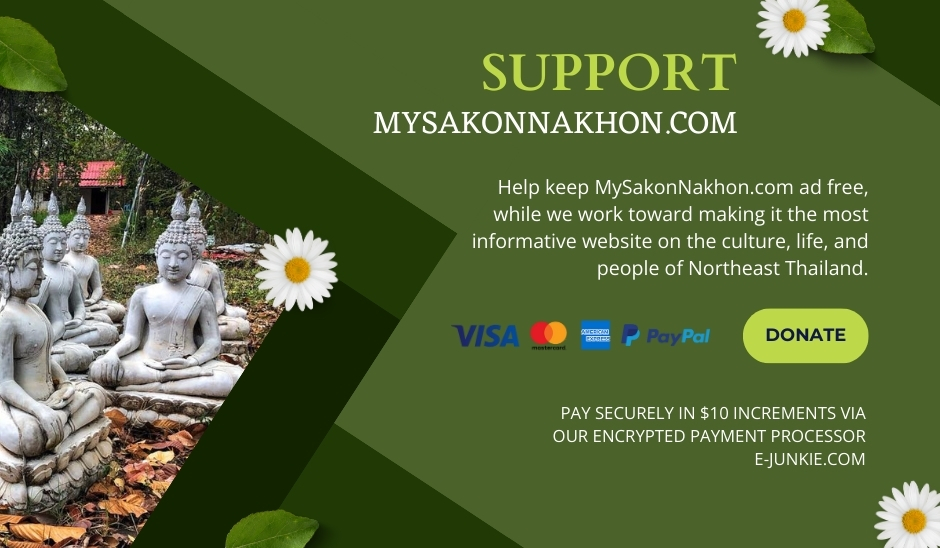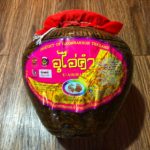
Thai Relationship Advice | Avoiding Why Questions

When learning the Thai language in Thailand, you also learn certain things about yourself. One thing that Brits, Americans, and other farangs learn about themselves is how much they abuse why questions.
Westerners frequently use why questions not because they are seeking the unknown but because they are trying to coerce an apology or an admission of guilt, forgetfulness, or stupidity. Because nearly all Westerners do this, nobody takes too much offense — except teenagers who are tired of being harassed with questions about why they didn’t turn off the light, pick up their clothes, or take out the trash.
Thai people do not fancy this manipulative game we foreigners play with why questions. They see it as an attempt to make the other person lose face — which is a pretty accurate analysis. So, if you want to maintain good relationships in Thailand, you’ll be wise to scale back your why questions. This is especially true if you are a retiree in Sakon Nakhon, married to a Thai wife.
Every time you feel one emerging from your lips, ask yourself if it is really necessary; ask yourself if the answer is one you don’t already know or if you have an ulterior motive. Lastly, ask yourself if your Thai language skills or their English skills are up to the task of explaining the answer in a comprehensible manner. If you do this, you’ll likely nip around 90% of your why questions in the bud.
Ready to learn how to say why in Thai? This is another easy Thai word to remember, because (although it has two syllables), it rhymes perfectly with the word why itself.
Why int. – ทำไม – tham-mai
ผมไม่รู้ทำไมคุณคุยกับผมอยู่
Phŏm mâi róo tham-mai khun khui gàp phŏm yòo.
I not know why you talk with me (aux.)
I don’t know why you are talking to me.
Learn Thai Tip: The Thai word yòo (อยู่) that is tacked on to the end of today’s sample sentence is a word that has two meanings in the Thai language. It can mean “to be at” or be used as an auxiliary verb that places the main verb into the continuous tense. The Thai word gam-lang (กำลัง) also puts verbs into the continuous tense. However, in colloquial Thai you are more likely to hear the word yòo being used. So if you just want to remember one way of putting Thai verbs into the continuous tense, remember to tack yòo on to the end of the sentence.
- The Royal Ploughing Ceremony in Thailand – A History - May 8, 2024
- Dying Well the Buddhist Way in Thailand - May 7, 2024
- Comforting Words for the Brokenhearted in Thailand - May 6, 2024




